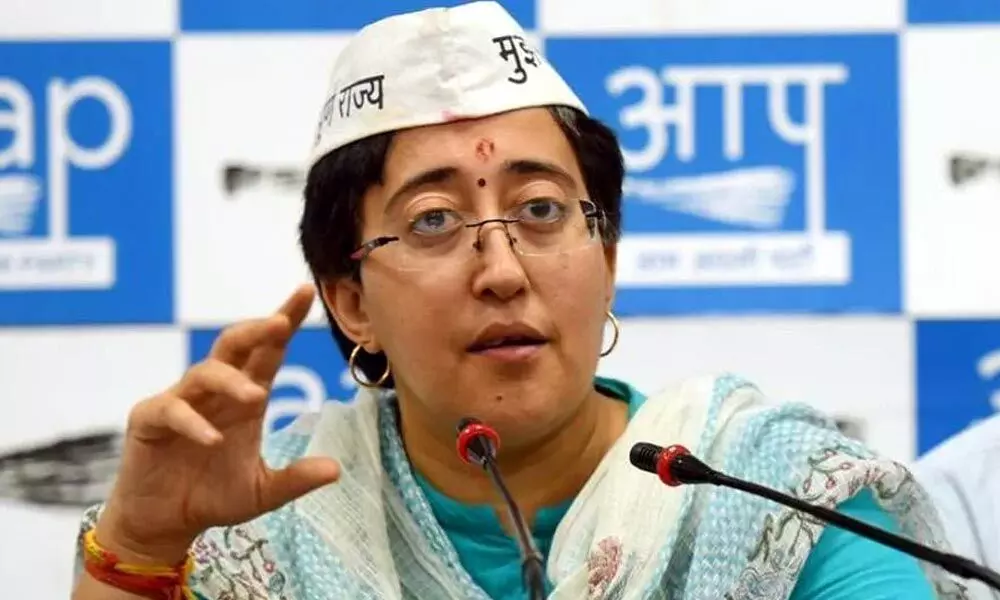Public education, healthcare Delhi govt's focus areas for empowering women: Atishi
Senior AAP leader Atishi (File/Photo)

New Delhi: The Delhi government has taken several steps for empowerment of women, including making systematic changes in the quality of public education and providing access to healthcare and transportation services, senior AAP leader Atishi said on Saturday.
She said education and healthcare have been the "biggest policy priorities" of the Delhi government. The AAP MLA said "25 per cent" and "15-17 per cent" of the total budget is spent on education and healthcare respectively. She was speaking at an event titled "Local and Regional Governments' Day: Feminist Municipal Movement". Elaborating about the Delhi government's policy interventions in the field of education, health and transport during the last six years, she said the shift towards private education leads to the exclusion of girls from high quality education.
"However, in the last six years, with systematic investment in the infrastructure of schools, ensuring adequate number of teachers, improving quality of teaching, running remedial programmes, there has been a turn around of the public education system in Delhi. "The transformation has been such that the public schools are outperforming the private schools for the last four years in the national capital," explained Atishi. Talking about the impact of policy intervention education had on girls, the AAP leader said the biggest transformation one can observe is in the "body language of girls". "Earlier, they would not even make eye contact.
But now, they are more confident, performing well and are speaking their mind on stage in front of the entire school assembly," she added. On public healthcare, the AAP MLA talked about how building ''Mohalla Clinics'', brain-child of the present Delhi government, has helped address the problem of affordable healthcare for low-income groups, especially women. "A think-tank group that conducted a study of Mohalla clinics found that 85 per cent of the patients going into these clinics are women", she said.
The third important intervention, providing access to transportation, according to Atishi, has been specifically for women. "It was noted that only 11 per cent women participated in the workforce in Delhi. And one of the barriers was the cost of public transportation. To address this issue, two years ago, all bus travel in Delhi for women was made free of cost," she said. Global leaders at the event also lauded Delhi government's initiatives and called it a "roadmap for establishing a link between care, innovation and empowerment of women".


